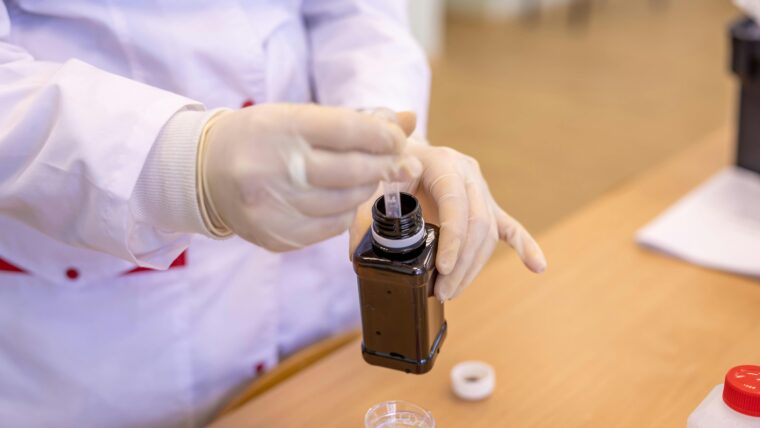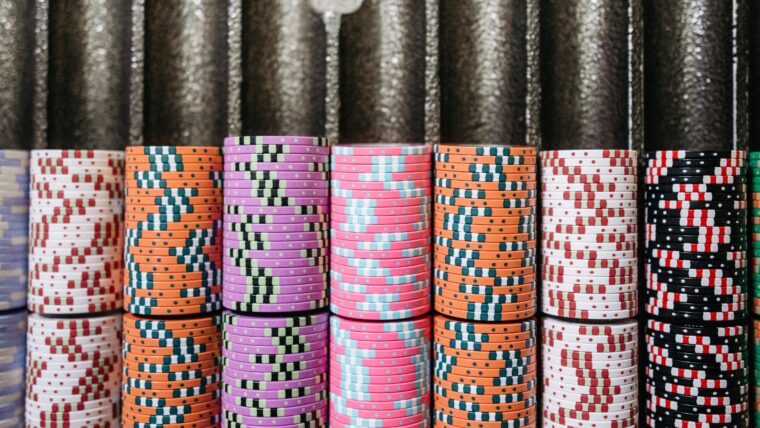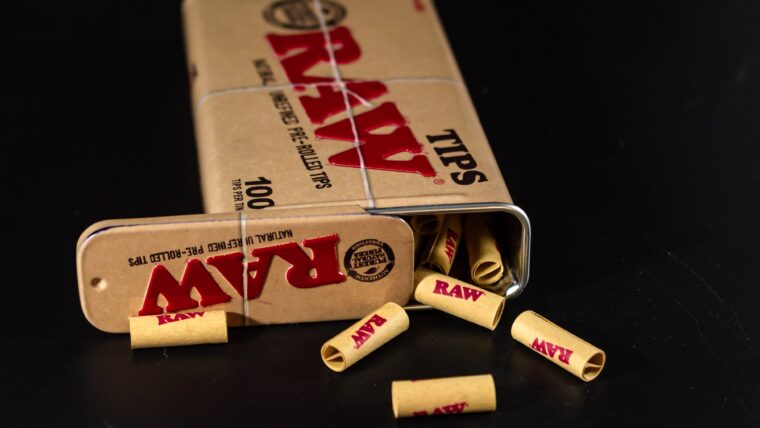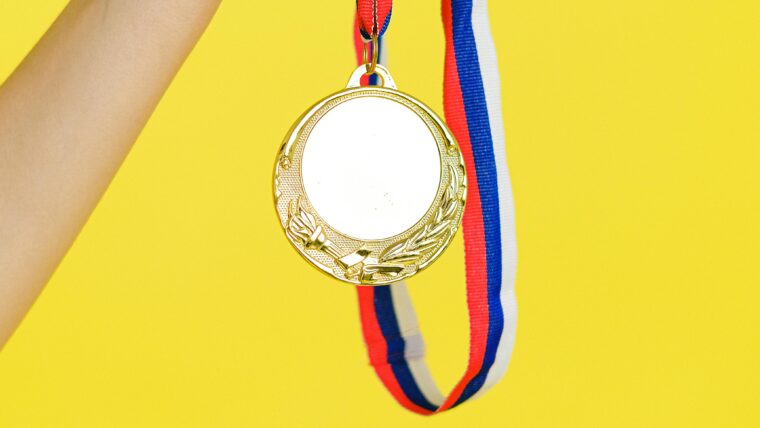Winning Strategy for Sweepstakes Understanding Sweepstakes Participating in **sweepstakes** can be an exciting venture, but to increase your chances of winning, it’s essential to understand how they work. Sweepstakes are promotional drawings in which prizes are awarded to randomly selected participants. Unlike contests, which typically require skill, sweepstakes rely solely on chance. This makes them accessible to anyone willing to…








